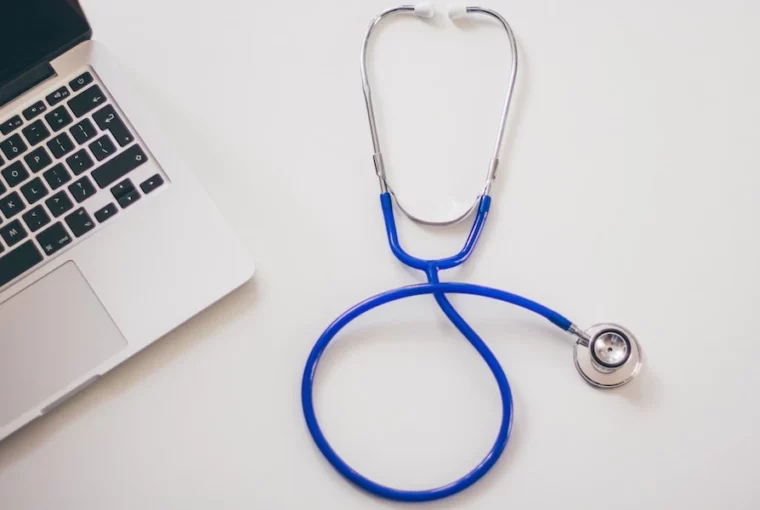HIPAA stands for Health Insurance Probability and Accountability Act 1996. It is a federal law which sets standards for protecting sensitive information about patient health. It prohibits the disclosure of such information without consent from patients. The act can be further divided into HIPAA Privacy and Security Rules.
Privacy Rule Under HIPAA
It addresses privacy concerns regarding individuals’ health information. On April 14, 2003, the privacy rule was put into effect. This privacy rule covers the disclosure and use of protected health information (PHI). This information may include patient’s demographics, mental or physical health conditions, payment details or any type of medical record. Only patients or covered entities (CEs) can access this information. Patients have the right of control over the use and protection of their personal information.
HIPAA Security Rule
This rule was created to protect patients’ health information that is stored electronically. The rule was in effect as of April 21, 2005. It covers all identifiable health information that is created, received and transmitted electronically by covered entities. This type of protected information is also called electronically protected health information (ePHI).
The HITECH Act 2010.
HITECH stands for The Health Information Technology for Economic and Clinical Health. It is a subset the American Recovery and Reinvestment Act 2009. It was created to encourage the secure use of information technology in health care. This act extends HIPAA’s privacy rule to business associates (BAs), who will now have to report to the covered entities.
Omnibus Rule 2013
This regulation also affects HIPAA Privacy & Security Rule and HITECH. It implements new regulations.
Breach Notification Rule
This rule requires that all covered entities and business associates notify of a breach within sixty days of its discovery.
What is HIPAA protecting?
HIPAA covers different types of patient data. Written documents include all paper records, including prescriptions, Xrays, referral forms and encounter forms, charts, progress notes, and charts. ), Spoken or verbal information, including in-person discussions, phone calls, voicemail messages, and telephone calls.
Electronic database is any electronic information that contains research information, photographs, audio or video recordings and patients protected health information. It can be stored on any device, such as a smartphone, memory card or USB drive.
HIPAA also covers the protection of electronic hardware that contains protected health information, such as computers, laptops and fax machines, pagers, pagers, pagers, and servers.
What Is Hipaa Training Important?
There are many types of business associates and covered entities that can be involved in the creation, receipt, analysis, and transmission of patient’s medical information. HIPAA training course for individuals and organisations who deal with patient’s medical information is required. To prevent any type of breach of patient information, all employees in healthcare organizations must be trained.
Individuals and organizations should be trained in HIPAA security and privacy training. This document outlines how to prevent accidental or intentional misuse of protected medical information. Anytime an individual or organisation comes into contact with patient’s information, or any type of protected health information (PHI), it is subject to some aspect of the regulations.
Training employees and ourselves is required by the privacy and security rules. Training is essential to ensure understanding of HIPAA Privacy & Security Rules. It helps to secure PHI while minimizing the impact on staff, business processes, or organization. Employees must be committed and well-trained to manage electronically protected health information. It is their responsibility to protect it.
HIPAA is generally thought to protect patient privacy and security. HIPAA training is not only for patients, but it also empowers employees. HIPAA training is mandatory for any company that handles sensitive client information. Your organization will gain trust if you comply with HIPAA. This training will show you how to keep your clients’ information confidential.
Employees should be required to complete HIPAA training. Annual refresher training should be offered. This will allow you to update your employees about new regulations and refresh the training material.
What Should The Training Consist Of?
HIPAA does not provide any training materials or durations. HHS has the training materials that can be used to help you design your training course. Your work and your exposure to PHI should be included in the training. Below are some topics that training should include.
What Should We Be Protecting?
Training should inform trainees about HIPAA. It should list all sensitive patient health information (PHI), which is covered by HIPAA.
Why Do We Need To Protect PHI?
Training should include the reasons why PHI must be protected. Employees should be aware that patients have the right to choose whether or not they want their information shared. A breach of patient information can also lead to medical identity theft. False Medicare or Medicaid claims can be filed if someone uses the patient’s medical identity. This can cause financial loss to taxpayers, and it can also affect quality care.
What Can We Do To Protect Our PHI?
Training must also include information about how the law protects the information. All ePHI created, maintained, or transmitted by CEs and BAs must be kept confidential, available, and intact. They must identify and protect ePHI from any security or integrity threats. Protect ePHI from any possible illegal or unapproved uses. The workforce should ensure compliance with HIPAA.
Employers need to evaluate and implement HIPAA-compliant privacy and security training protocols. Also, risk assessments should be done. This will allow them to pinpoint their weaknesses and help them rectify them. HIPAA compliance training has two goals: to protect patients and comply with regulatory requirements. HIPAA training can help you achieve this goal and keep your employees current with the regulatory requirements.




